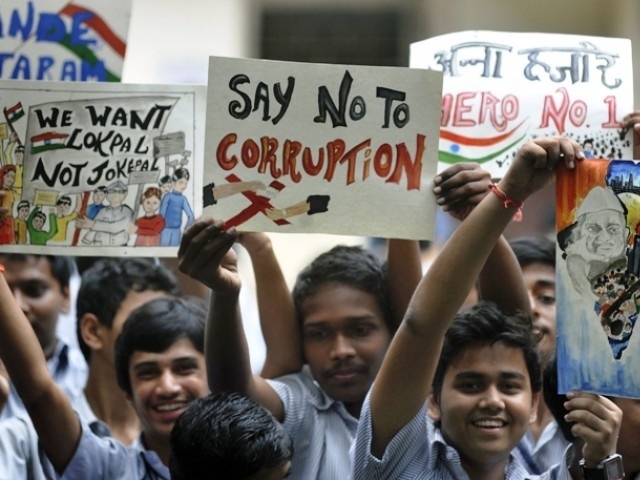
Corruption is a pervasive issue that affects societies worldwide, penetrating governments, businesses, and even our daily lives. According to Transparency International, over two-thirds of countries score below 50 on the Corruption Perceptions Index, indicating a serious problem. Moreover, the economic cost of corruption is staggering, with estimates suggesting that it costs the global economy around 2.6 trillion annually. That’s right, 2.6 trillion, a sum so large it could fund the entire education sector for several years.
To understand how corruption manifests, one must delve into its various forms. Bribery is perhaps the most notorious method. This practice creates an unequal playing field, rewarding those willing to play dirty while punishing honest individuals. However, it’s not just about money; nepotism, embezzlement, and favor trading contribute significantly to the systemic issues we face today. For instance, in many countries, public officials may award contracts to family members rather than choosing the best-qualified candidates. This not only stifles competition but also diminishes public trust.
The consequences of corruption are profound. It hampers economic growth, erodes public trust in institutions, and exacerbates inequality. When corrupt officials siphon off resources meant for public services, the quality of life for citizens declines sharply. Imagine living in a community where funds for healthcare are misappropriated, leaving hospitals underfunded and understaffed. Consequently, regular citizens pay the price for the greed of the few.
Combating corruption requires a concerted effort from all sectors of society. Organizations like the World Bank advocate for transparency and accountability, urging governments to enforce stricter regulations. Moreover, citizens must hold their leaders accountable through active participation in civic life. Engaging in community discussions and demanding transparency can create a ripple effect, prompting change.
Corruption may be a bitter pill to swallow, but it is one we must confront decisively. The cost of inaction is too great. By prioritizing integrity and holding ourselves and our leaders accountable, we can begin to rectify the damage done. Change starts with us, one conversation at a time.

